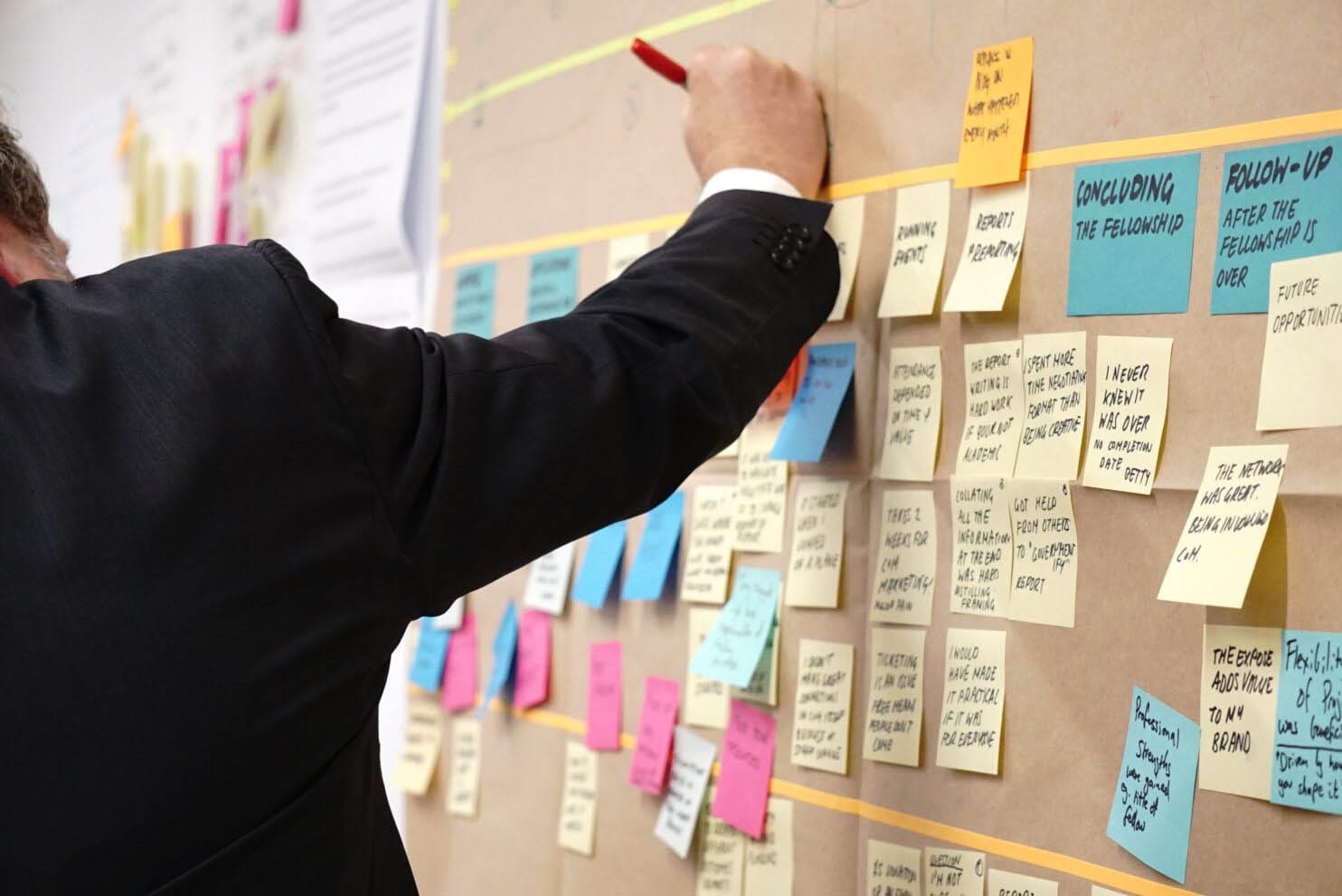
The 5 Phases Of Project Management
Those who are unfamiliar with project management might think of it as reminding people of their deadlines, schedule meetings, and communicate with stakeholders, but there is much more to project management than those three tasks.
WHAT IS A PROJECT?
According to the Project Management Institute, “a project is temporary in that it has a defined beginning and end in tine, and therefore defined scope and resources. And a project is unique in that it is not a routine operation, but a specific set of operations designed to accomplish a singular goal.” Project teams may include people who don’t typically work with one another, occasionally from other organizations and across different geographies.
WHAT IS PROJECT MANAGEMENT?
Project management is the use of expertise and skills to achieve the set goals and project requirements set successfully, on time, and within budget.
According to the Project Management Body of Knowledge (PMBOK) there are five stages of project management. These phases add a life cycle and process to a project. While they may not always happen in chronological order, each phase is designed to have specific requirements and steps before moving to the next one.
The five phases are:
- Initiation
- Planning
- Execution
- Performance/monitoring
- Close
PROJECT INITIATION
This phase is all about determining the client’s needs. Technology projects oftentimes will require some sort of assessment in this phase. Any preliminary research takes place during this phase that will be included in determining the scope in the later phases. Businesses cases are also popular during this phase to flesh out the reasons for the justification of carrying out a project.
Once the initiation phase is complete, key stakeholders/clients will come to the conclusion on whether or not the project is feasible and can be delivered how they see fit. If so, the project moves onto the next phase.
PROJECT PLANNING
Once the project is given the okay to move forward, the planning phase starts. Oftentimes, a statement of work (SOW) is created that outlines what the project team will do, what the project manager needs from the stakeholders, the scope of the project itself, who will be involved, and how long it will take.
According to Planio, these are integral components to include in your SOW:
- Project objectives
- Schedule/milestones
- Individual tasks
- Deliverables
- Payment information
- Expected outcomes
- Terms, conditions, and requirements
PROJECT EXECUTION
This phase includes executing the project from the planning phase. This phase is for everyone to get on the same page of what’s expected of them, understand their deliverables and project timelines, and processes are implemented.
PROJECT MONITORING
Members of the project team are assigned individual tasks and are responsible for carrying out deliverables on time. Throughout this process, the project manager oversees the timeline of the project and all communication with the stakeholders and clients.
Scope changes are communicated in this phase and other phases are repeated as needed. This can happen for a variety of reasons such as timelines, budgets, project goals, quality of deliverables, or team performance.
PROJECT CLOSURE
Take some time to properly close the project. Whether it’s a success or not, a project should always be closed well. The project is handed over to stakeholders, reporting is finalized, and any next steps are suggested.
Retrospective meetings are helpful to discuss what did and didn’t go well. This time is specifically used to reflect on what you could’ve done better, learn from your mistakes, and give shout outs for a job well done when necessary. If the project was a success, this is the time to celebrate it!
Creating a “project closure report” for your client and stakeholders is also useful. This report should be a retrospect/actuality of the business case and statement of work. In this report, your client and stakeholder see how much you did or didn’t deviate from the initial promise and ensures all deliverables/documents were handed off to them.
Project management is no easy feat. It takes patience, organization, communication, and a skilled team to carry out a project to fruition. By following the five phases of project management, project managers are given a basic process to follow when looking for direction and ultimately achieve success.
Looking for help with a technical project? Reach out to a CSpring consultant for a free consultation.